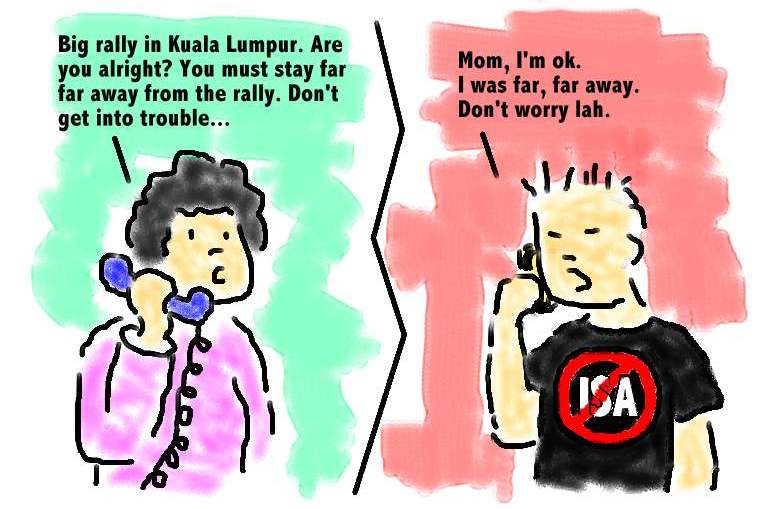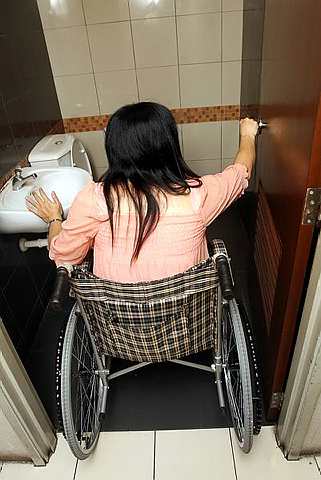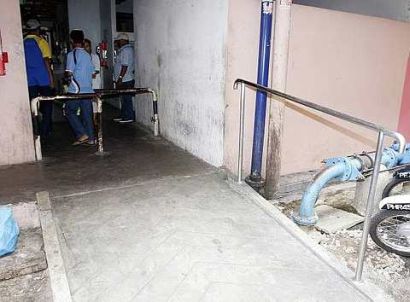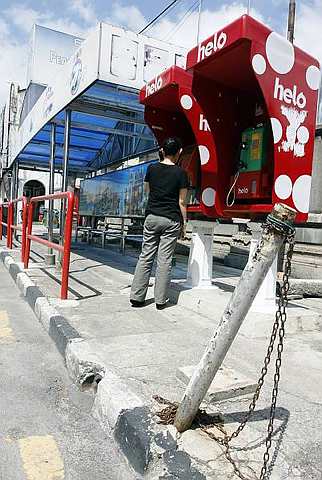Every year this day, I spend some quite time reflecting. I no longer think so much about how my life could have turned out had I not made that fateful dive into the pool. I could have become an engineer like what my father wanted me to be to take after him. I could have become a politician. I could have turned to crime. I could be very dead by now. I will never know. That is not important any more. I cannot turn back the clock and change that any way.
Instead, I reflect on what I have done so far with what I have and what I can be. Life is too short to be wondering about what could have been. Searching for a purpose in life was difficult in the beginning. It took a lot of hits and misses for me to discover what I wanted to do and one that I could do well in. Blogging was the first step. Then I had the fortuity to make friends with people who nudged me in the right direction. Kuan Aw and Christine deserves all the credit for being the wind that filled my sails when I first set out from the harbour.
Dr. Kenji Kuno of the Japan International Agency (JICA) gave me every opportunity available in his collaborative projects with the Jabatan Kebajikan Masyarakat since 2005 to learn about Independent Living Programme (ILP) and Disability Equality Training (DET). My perspective on disability and rights of disabled people are shaped by the philosophies and principles propounded in these courses. I am now a senior trainer for DET and resource person on ILP because he gave me many opportunities to learn and put them into practice.
Wuan is instrumental in encouraging and supporting my work in disability advocacy. Without her, I would not be able to do so much. I may be independent but I still need assistance with my activities of daily living. Wuan helps me with that and that makes it convenient for me when I am out and about. Even at home, my life is easier because she makes sure that my needs are well looked after before she goes to work and after. She is always there for me. Indeed, she has been my pillar of strength since the beginning of our relationship.
On this anniversary, I want to celebrate these wonderful people who have come into my life and made a difference in so many ways. I am who I have become today because they have been generous with their kindness. They have proven that disabled people, given the opportunity and support, can achieve much more than we are made to believe. I am that irrefutable proof.
The road ahead may still be long but because of the foundation that they have helped me build, I am now doing work that is not only personally fulfilling but one that has the potential to change society for the better. To them, I want to say a big thank you from the bottom of my heart. My life is all the better because of you.




